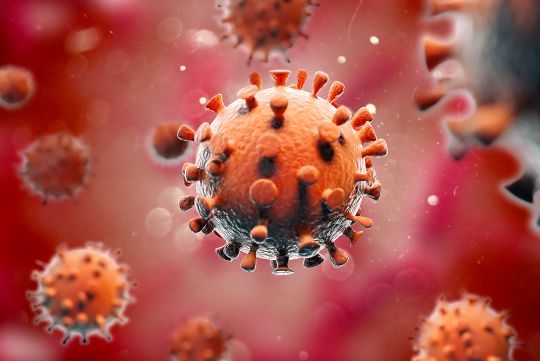The symptoms of colon cancer are rarely specific, and often don’t develop until the disease is advanced. If you suspect you have the disease, you may have screening tests to detect precancerous lesions before they progress to cancer. If you notice obvious symptoms, diagnostic tests can determine whether cancer has spread. If the tumor has spread beyond the colon, the treatment will be more involved and invasive. The good news is that colon cancer is usually curable if detected early.
In stage 0 colon cancer, abnormal cells on the wall of the colon are present and considered to be a sign of cancer. The doctor can perform a polypectomy during a colonoscopy to remove all the malignant cells. Alternatively, a surgeon may perform an excision to remove a larger area of the affected cells. Excisions are minor surgeries that are often done in conjunction with colonoscopy. The procedure requires no prior hospitalization.
Hereditary cancer syndromes are rare but associated with mutations in specific genes that can be passed down to other family members. If you suspect you have a family history of colon cancer or adenomatous polyps, you should seek medical attention right away. Genetic tests may be a necessary part of colon cancer prevention, and they can be helpful for determining the risk of developing the disease. Genetic testing can also help you to manage the psychological impact of knowing that you are predisposed to colon cancer.
The treatments for colon cancer depend on the stage of the disease, whether it has spread to nearby organs, and genetic factors. Surgery is the most common treatment for stage IA and IIB cancers, while chemotherapy and radiation are often used for stage IIIC and IV cancers. In addition, cancers may be treated with chemotherapy and radiation to slow its spread. In the United States, colon cancer is the third most common cancer in men and women.
Following the diagnosis of colon cancer, survivors may experience symptoms including pain in the abdomen, a feeling of unease, and loss of appetite. Some survivors may experience sexual dysfunction, body image problems, and financial issues. Other survivors may experience anxiety, depression, or loss of appetite. A healthcare team can identify coping mechanisms for colon cancer survivors. However, screening for early detection is essential for improved survival rates. When colon cancer is detected early, there is a chance of cure.
Colon cancer is often categorized by stages. Early stages involve cancer that has not spread to lymph nodes or other organs, while stage II cancers have spread to the colon wall and surrounding tissue. In some cases, cancer has spread to distant organs, such as the lymph nodes and the lining of the abdomen. If cancer has spread beyond the colon, it is called stage III. The cancer may be spread to the lymph nodes, and doctors may use chemotherapy to treat the disease.
Colorectal cancer occurs in approximately one-third of the population. Most cases develop after age 50. Approximately 50 percent of adults have polyps, which are tumors growing in the large intestine. Polyps can be benign, precancerous, or cancerous. A biopsy will determine whether the polyp is benign, precancerous, or malignant. It’s possible that 30 to 50 percent of polyps are benign. Adenomatous polyps can become cancerous over 10 years.









